Why is everyone so obsessed with the 1990s?
Even Gen Z is nostalgic for a decade it can't recall
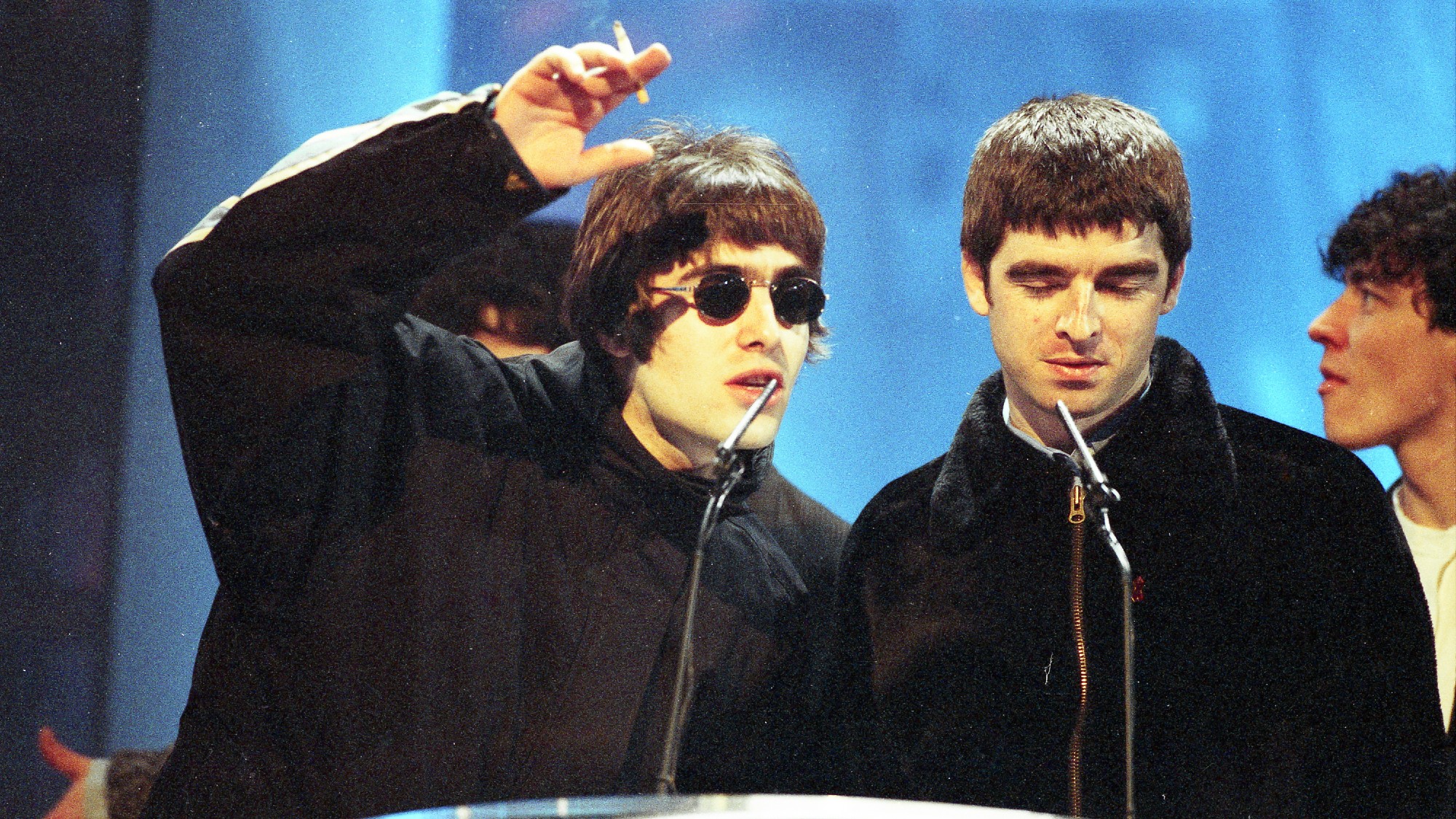
A free daily email with the biggest news stories of the day – and the best features from TheWeek.com
You are now subscribed
Your newsletter sign-up was successful
Audiences at Oasis reunion shows aren't just middle-aged people remembering the music of their youth – Gen Z are also lapping up the 1990s nostalgia, even though none of them can remember the decade.
It's because people can "feel nostalgic for a past that predates them", known as "historical nostalgia", wrote nostalgia expert Clay Routledge in The New York Times.
Golden age
Gen Z, who were born between 1997 and 2012, are "specifically captivated by what life was like in the analogue past", wrote Routledge, and they seem to be "mining" it to "enrich their present lives", particularly by "fostering a greater appreciation for offline living".
The Week
Escape your echo chamber. Get the facts behind the news, plus analysis from multiple perspectives.

Sign up for The Week's Free Newsletters
From our morning news briefing to a weekly Good News Newsletter, get the best of The Week delivered directly to your inbox.
From our morning news briefing to a weekly Good News Newsletter, get the best of The Week delivered directly to your inbox.
"At some point" during the past 15 years, wrote Daisy Dunn in The Spectator, "it was decided that the 1990s were a golden age". This feeling even extends to those who can't remember them because Gen Z, who know only the "colourless, anodyne first years of the new millennium", "speak of the 1990s in mystical tones".
I thought that I saw the 1990s through "rose-tinted specs because it was the decade of my childhood" but those years are "worthy of nostalgia and deserve the envy of those who didn't experience them".
Gen Z members see the 1990s as "less stressful" than now, when they're "weighed down by concerns about climate change, war and artificial intelligence", said France 24. Students are adopting the "baggy jeans and bucket hats" that were a "staple" of Liam Gallagher's wardrobe in the 1990s.
The Oasis reunion tour continues to offer various generations their very own 1990s revival. Although the band continued until 2009, the reunion setlist includes only one track, "Little by Little", to indicate that the band "existed into the 21st century", wrote Alexis Petridis in The Guardian. Other than that, it's a "shameless trip back to the 1990s".
A free daily email with the biggest news stories of the day – and the best features from TheWeek.com
Objectively brighter
Millennials are also enjoying the 1990s revival. There's a "sudden rash of nostalgic food rebrands" of "everything from Nik Naks to Walkers" and "Bacardi Breezers", which is "tapping into 30-somethings' apparent yearning to return to our 1990s childhoods", wrote Emily Watkins in The i Paper. It was a "simpler time, when the worst thing that could happen was being sent to bed before 'Top of the Pops'".
Each generation "loves to romanticise the good old days, whether or not they were actually better" but "for my generation, they were". Houses were more affordable, the internet "hadn't yet melted our brains" and "economically, politically, culturally, life was objectively brighter".
All this has us "feeling more than a little nostalgic – for the decor as well as the music", said Liz Lane in House Beautiful. If you want a 1990s-themed home, she recommends lots of "rich colours" like navy blue, burgundy and mustard yellow. You can also add "quirky decor items like a vintage record player or retro radio", and "bring back shabby chic", which was "one of the defining styles of the decade".
Chas Newkey-Burden has been part of The Week Digital team for more than a decade and a journalist for 25 years, starting out on the irreverent football weekly 90 Minutes, before moving to lifestyle magazines Loaded and Attitude. He was a columnist for The Big Issue and landed a world exclusive with David Beckham that became the weekly magazine’s bestselling issue. He now writes regularly for The Guardian, The Telegraph, The Independent, Metro, FourFourTwo and the i new site. He is also the author of a number of non-fiction books.
-
 El Paso airspace closure tied to FAA-Pentagon standoff
El Paso airspace closure tied to FAA-Pentagon standoffSpeed Read The closure in the Texas border city stemmed from disagreements between the Federal Aviation Administration and Pentagon officials over drone-related tests
-
 Political cartoons for February 12
Political cartoons for February 12Cartoons Thursday's political cartoons include a Pam Bondi performance, Ghislaine Maxwell on tour, and ICE detention facilities
-
 Arcadia: Tom Stoppard’s ‘masterpiece’ makes a ‘triumphant’ return
Arcadia: Tom Stoppard’s ‘masterpiece’ makes a ‘triumphant’ returnThe Week Recommends Carrie Cracknell’s revival at the Old Vic ‘grips like a thriller’
-
 Is a social media ban for teens the answer?
Is a social media ban for teens the answer?Talking Point Australia is leading the charge in banning social media for people under 16 — but there is lingering doubt as to the efficacy of such laws
-
 In Okinawa, experience the more tranquil side of Japan
In Okinawa, experience the more tranquil side of JapanThe Week Recommends Find serenity on land and in the sea
-
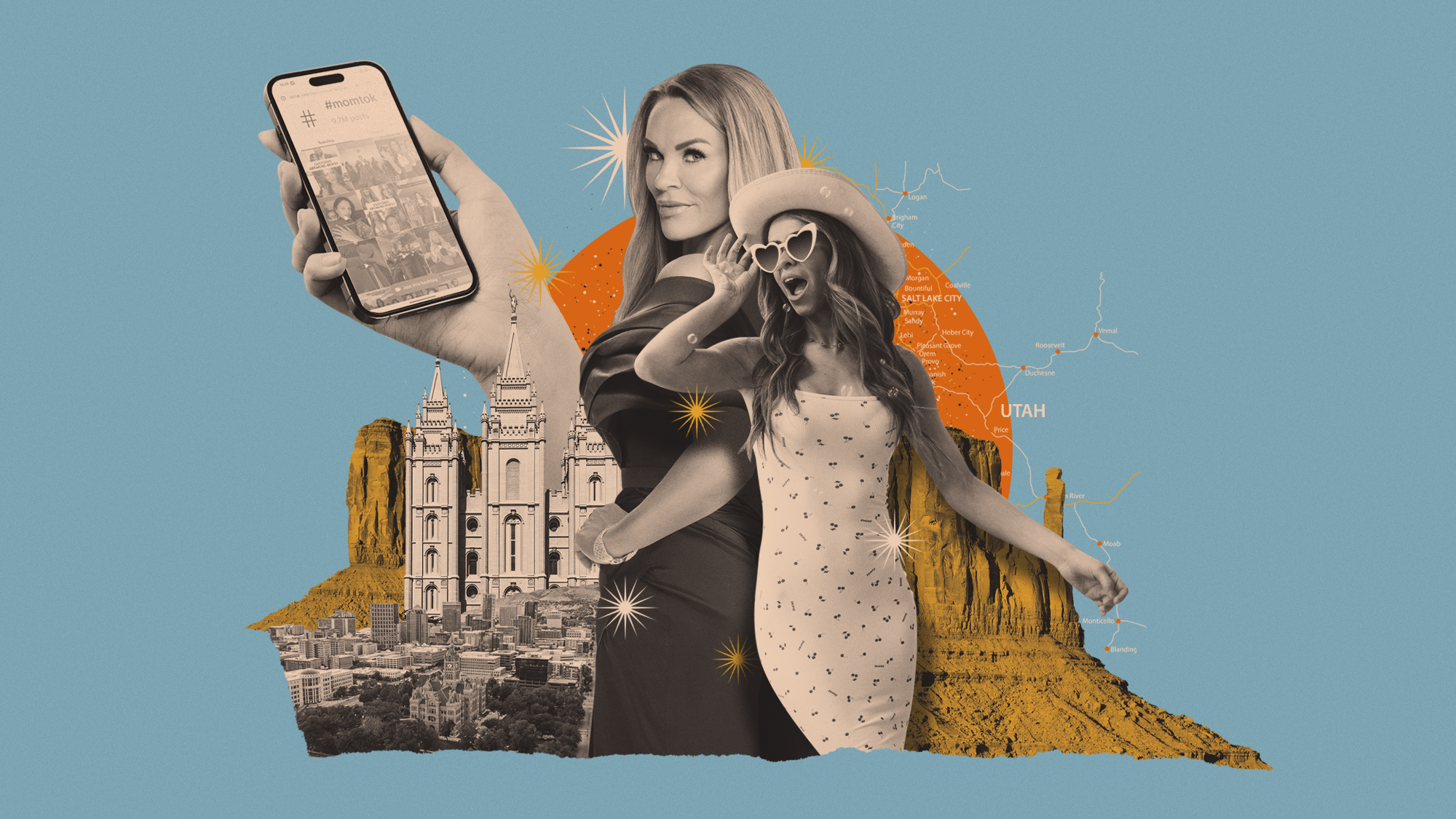 How Utah became a media focal point
How Utah became a media focal pointIn Depth In producing the stars of #MomTok and reality TV alike, Utah has emerged as a media powerhouse
-
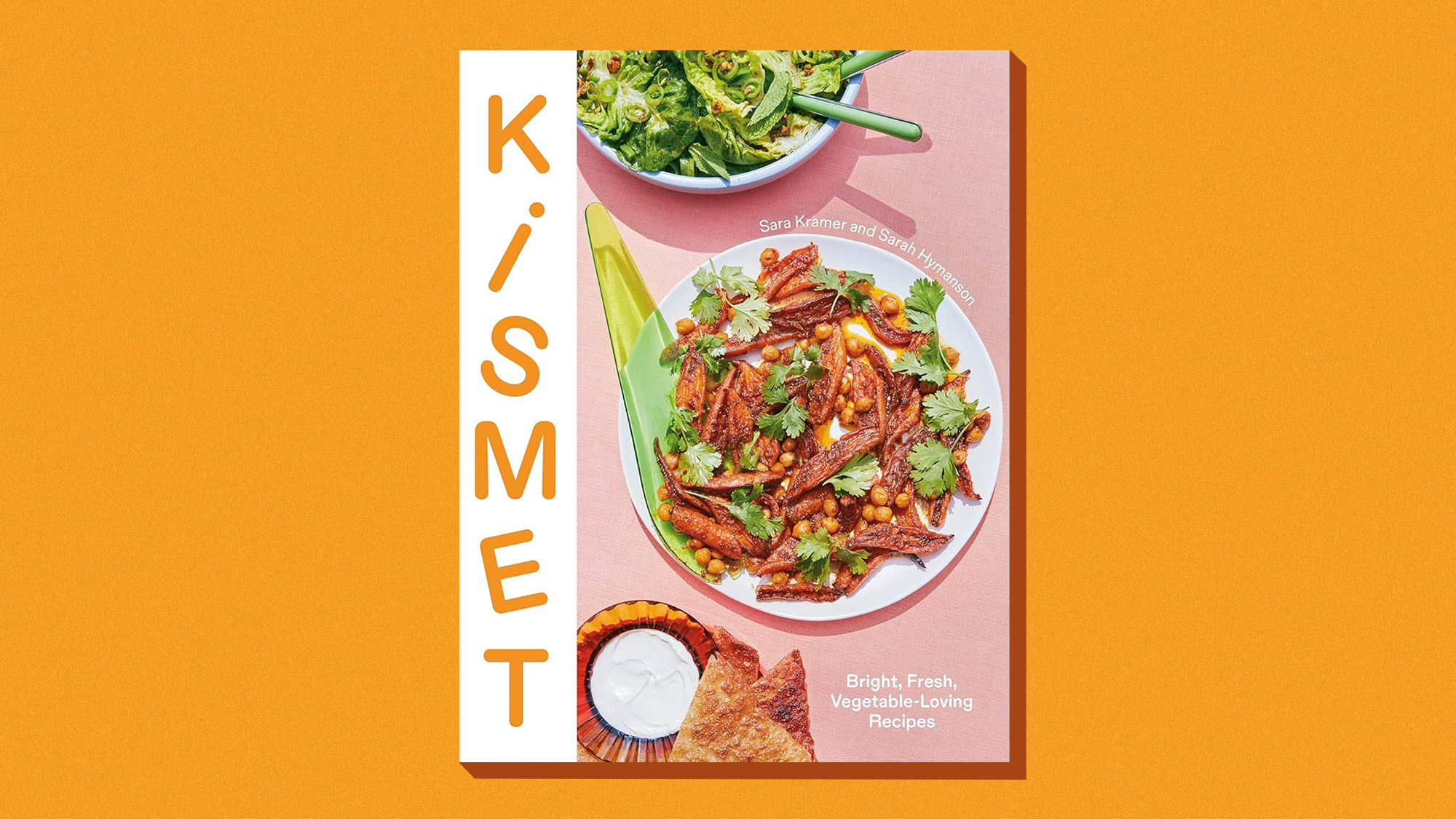 One great cookbook: Sara Kramer and Sarah Hymanson’s ‘Kismet: Bright, Fresh, Vegetable-Loving Recipes’
One great cookbook: Sara Kramer and Sarah Hymanson’s ‘Kismet: Bright, Fresh, Vegetable-Loving Recipes’the week recommends The beauty and wonder of great ingredients and smart cooking
-
 Luke Larsson’s prawn and pomelo salad
Luke Larsson’s prawn and pomelo saladThe Week Recommends Pomelo-sweetened prawns meet spicy dressing and herbs in a sharp Thai salad
-
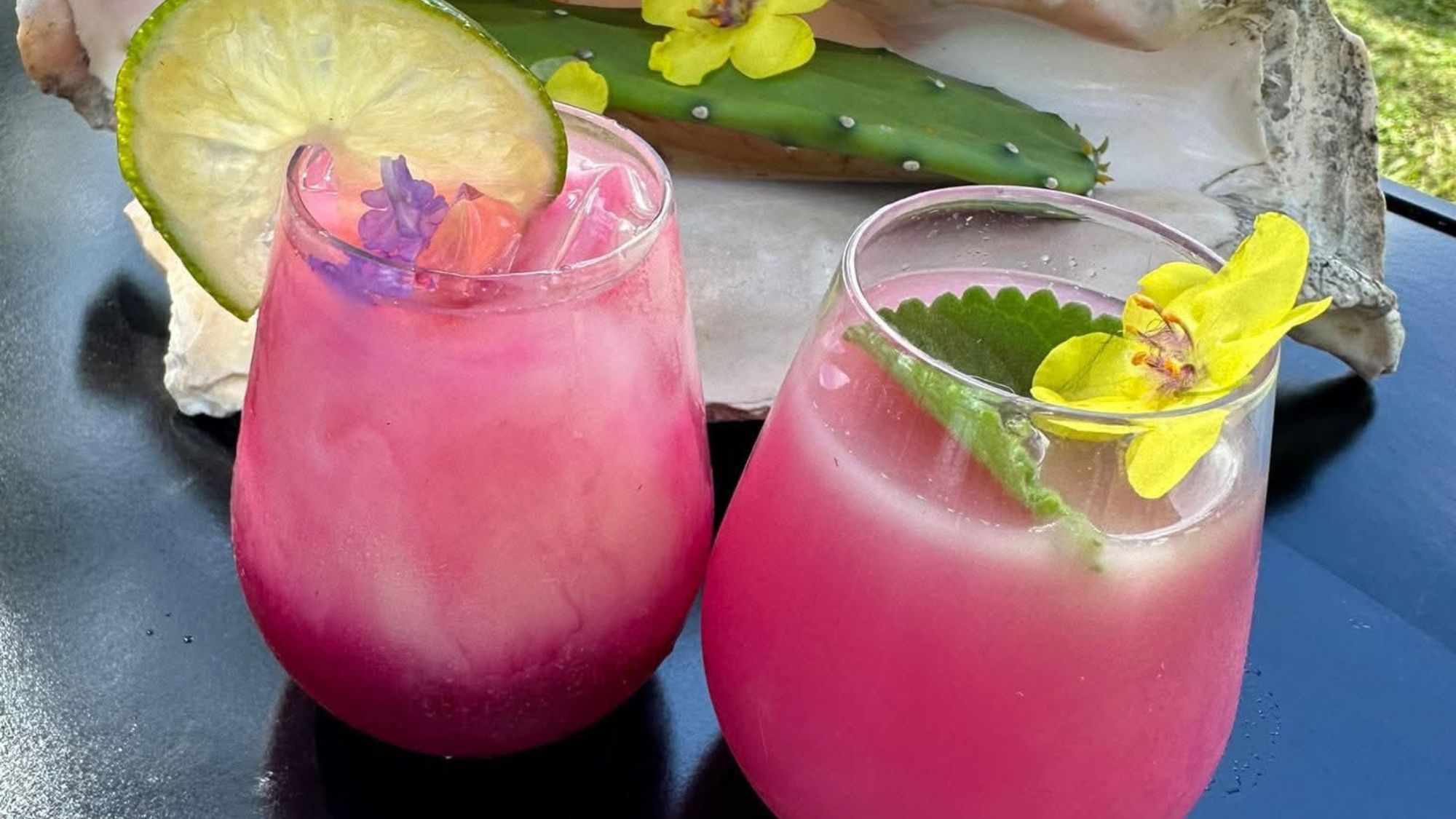 Doreen Williams-James’ prickly pear juice recipe
Doreen Williams-James’ prickly pear juice recipeThe Week Recommends Jewel-toned, natural juice is a thirst-quenching treat
-
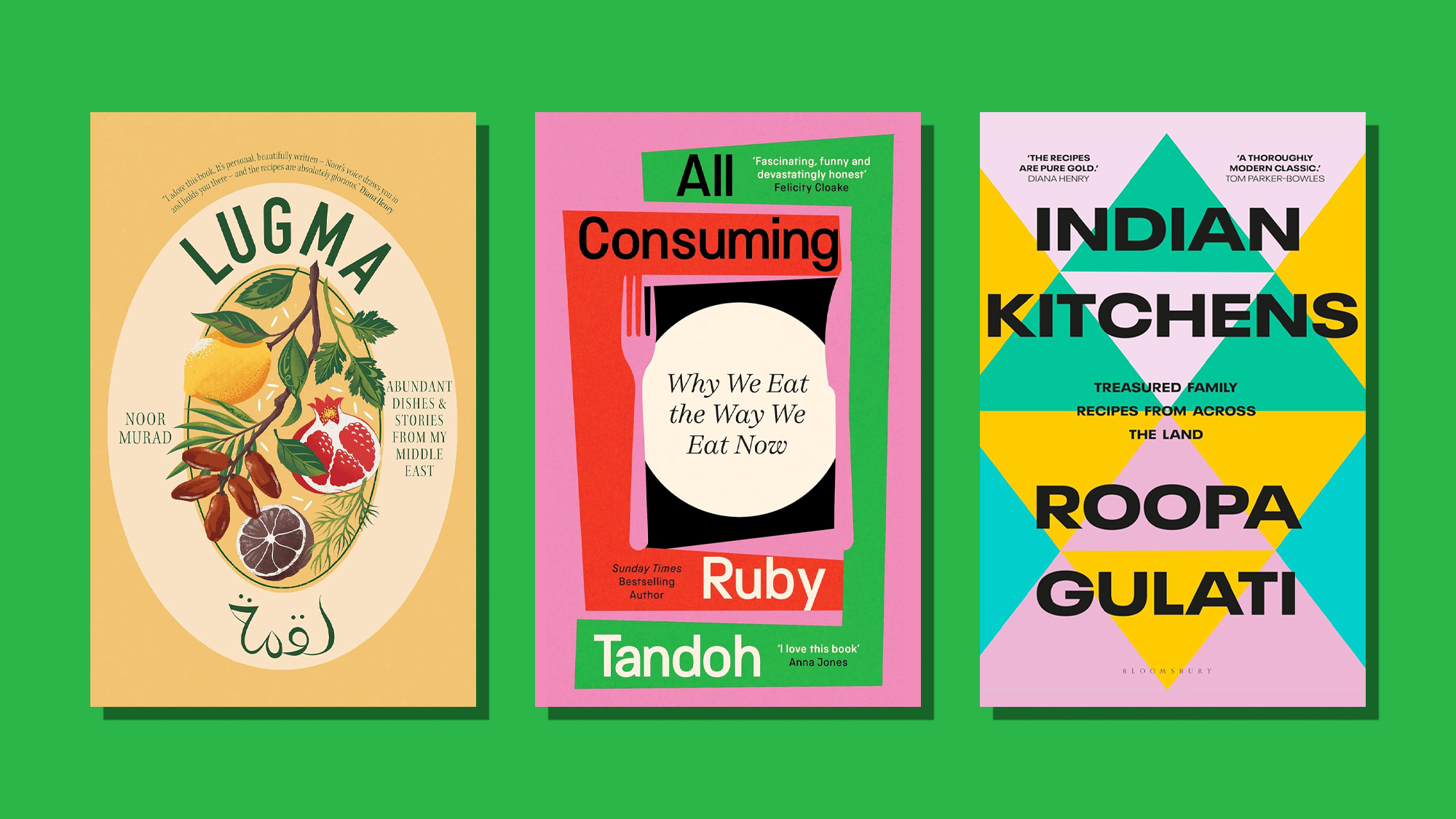 The best food books of 2025
The best food books of 2025The Week Recommends From mouthwatering recipes to insightful essays, these colourful books will both inspire and entertain
-
 8 restaurants that are exactly what you need this winter
8 restaurants that are exactly what you need this winterThe Week Recommends Old standards and exciting newcomers alike